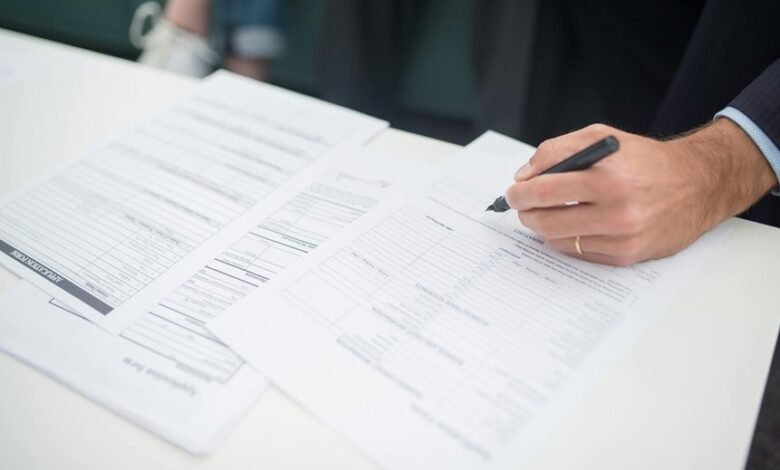Caller Oversight Integrity Verification Bureau 3509439027 3246042023 3277540501 3289705387 3278629306 3274744893

The Caller Oversight Integrity Verification Bureau (COIVB) operates with a clear mission to enhance the security of communication systems. Its focus on caller identity verification is increasingly critical in a landscape rife with deception. Through innovative techniques, such as biometric authentication and machine learning, COIVB addresses these challenges effectively. However, as technology evolves, so do the threats. Understanding the future implications of these developments remains essential for maintaining trust in communication channels.
Overview of COIVB and Its Mission
The Caller Oversight Integrity Verification Board (COIVB) serves as a pivotal entity in ensuring the integrity and transparency of communication systems.
Its mission objectives include establishing robust caller verification protocols, fostering trust among users, and mitigating fraudulent activities.
The Importance of Caller Identity Verification
Although technological advancements have improved communication methods, the necessity for caller identity verification remains paramount.
Effective caller authentication is crucial for ensuring the integrity of interactions, particularly in an era rife with potential fraud. By implementing robust verification protocols, organizations can significantly enhance fraud prevention measures, fostering trust and security in communications.
This commitment to verification safeguards both personal and organizational interests against deceptive practices.
Innovative Verification Techniques Utilized by COIVB
Caller identity verification has evolved significantly, with organizations increasingly adopting innovative techniques to bolster security measures.
COIVB employs biometric authentication to ensure accurate identification, leveraging unique physiological traits of individuals.
Additionally, machine learning algorithms analyze vast datasets to detect anomalies and improve verification processes.
These advancements provide a robust framework for enhancing caller security, thereby fostering a sense of trust and freedom in communication.
Future Implications for Caller Security and Trust
As technology continues to advance, the implications for caller security and trust become increasingly significant.
The establishment of robust caller authentication methods is essential to fortify trust frameworks, ensuring that users can confidently engage in communications.
Future developments must prioritize transparency and security, as these elements are critical to fostering trust in an environment increasingly susceptible to deception and fraud.
Conclusion
In conclusion, the Caller Oversight Integrity Verification Bureau stands as a bulwark against the rising tide of caller identity fraud, safeguarding the trust that underpins our communication systems. As technology evolves, so too must the measures that protect users—an ongoing battle in which vigilance and innovation are paramount. Will the COIVB’s efforts suffice to outpace the ever-shifting landscape of threats? The answer lies in relentless adaptation and unwavering commitment to integrity in communication.
